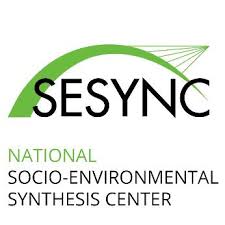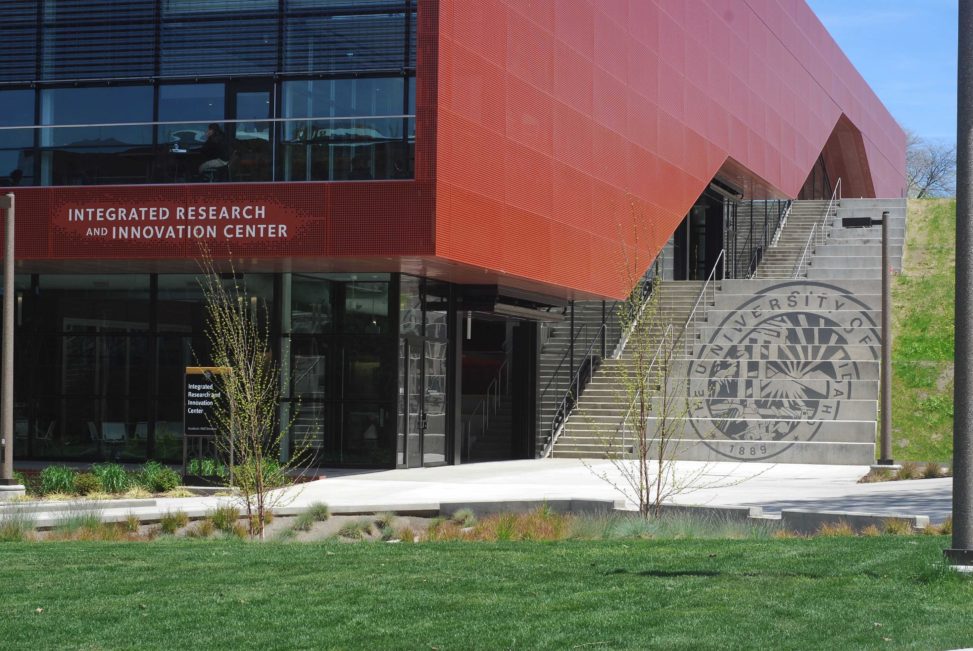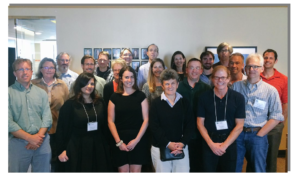- Home
- /
- Participating Research Grants
Climate Impacts Research Consortium (CIRC)
2014-Present
The Pacific Northwest Climate Impacts Research Consortium (CIRC) is a research organization funded by the National Oceanic and Atmospheric Administration to provide policy makers, resource managers, and fellow researchers with the best available science covering the changing climate of Oregon, Washington, Idaho, and western Montana.
CIRC researchers include climate scientists at Oregon State University, the University of Washington, and the University of Idaho. Our researchers present their findings in academic journals, regional and national climate assessment reports, and in meetings and workshops with Northwest stakeholders.
CIRC strives to provide not only the best available science on the Northwest’s changing climate, we also work hard to put that research in the hands of our Northwest stakeholders. By providing access to datasets and user-friendly interfaces we aid city, state, and regional policy makers and resource managers in formulating decisions related to landscape and watershed management across the Northwest. (language taken from http://www.pnwcirc.org)
Soil as a social ecological feedback: Mapping the social and ecological processes for agroecosystem resilience in the era of climate change (SOIL SES)
2018-2020
 Social science research indicates that soil health can act as a “social-ecological feedback” which is a result of direct producer experiences managing for weather variability and extremes and their impact to their soil resources. The observation of these changing soil conditions can result in land managers’ re-evaluation of their soil resources and drive them towards more sustainable management that builds soil health and enhances climate resilience. Given the projected impacts of climate change and limited adoption of soil improving approaches among many large-scale agricultural producers in the U.S., new tools for understanding how and why certain soil conservation practices are implemented across the landscape are urgently needed. The goal of this Pursuit is to bring together a diverse team of collaborators to examine how soil health can act as a social-ecological feedback at the level of individual farmers, agencies and policy makers’ decisions to use or encourage soil enhancing practices through a transdisciplinary integration of biophysical, climatic and social science data at multiple scales (spatial and human-institutional).
Social science research indicates that soil health can act as a “social-ecological feedback” which is a result of direct producer experiences managing for weather variability and extremes and their impact to their soil resources. The observation of these changing soil conditions can result in land managers’ re-evaluation of their soil resources and drive them towards more sustainable management that builds soil health and enhances climate resilience. Given the projected impacts of climate change and limited adoption of soil improving approaches among many large-scale agricultural producers in the U.S., new tools for understanding how and why certain soil conservation practices are implemented across the landscape are urgently needed. The goal of this Pursuit is to bring together a diverse team of collaborators to examine how soil health can act as a social-ecological feedback at the level of individual farmers, agencies and policy makers’ decisions to use or encourage soil enhancing practices through a transdisciplinary integration of biophysical, climatic and social science data at multiple scales (spatial and human-institutional).
Regional Approaches to Climate Change for Pacific Northwest Agriculture (REACCH) – http://www.reacchpna.org
2011-2017

Cereal growers in the inland Pacific Northwest produce over 130 million bushels of wheat annually, 85% of them without irrigation. Grain production value exceeds $500 million annually. Agriculture is a principle source of economic stability for rural communities and the region as a whole. The region has historically had a climate warming trend of approximately 0.1oc per decade. Under current climate predictions, this trend is expected to accelerate to annual increases of 3.3oc by late in the 21st century, accompanied by dryer summers and wetter winters.
The REACCH project was initiated in 2011 to ensure sustainable cereal production in the inland Pacific Northwest. The project was led by an interdisciplinary team of scientists and other professionals from three land grant institutions and the USDA Agricultural Research Service, with funding from the National Institute of Food and Agriculture’s Climate Variability and Change Program. Participants from many disciplines related to agricultural, climate, socioeconomics, and information sciences engaged in an integrated research, education, outreach and extension effort to study complex cereal production systems and their responses to drivers of change. The project was guided by our overarching and supporting goals (left) and a conceptual logic model that organizes our work towards nearly 50 milestones and deliverables.



